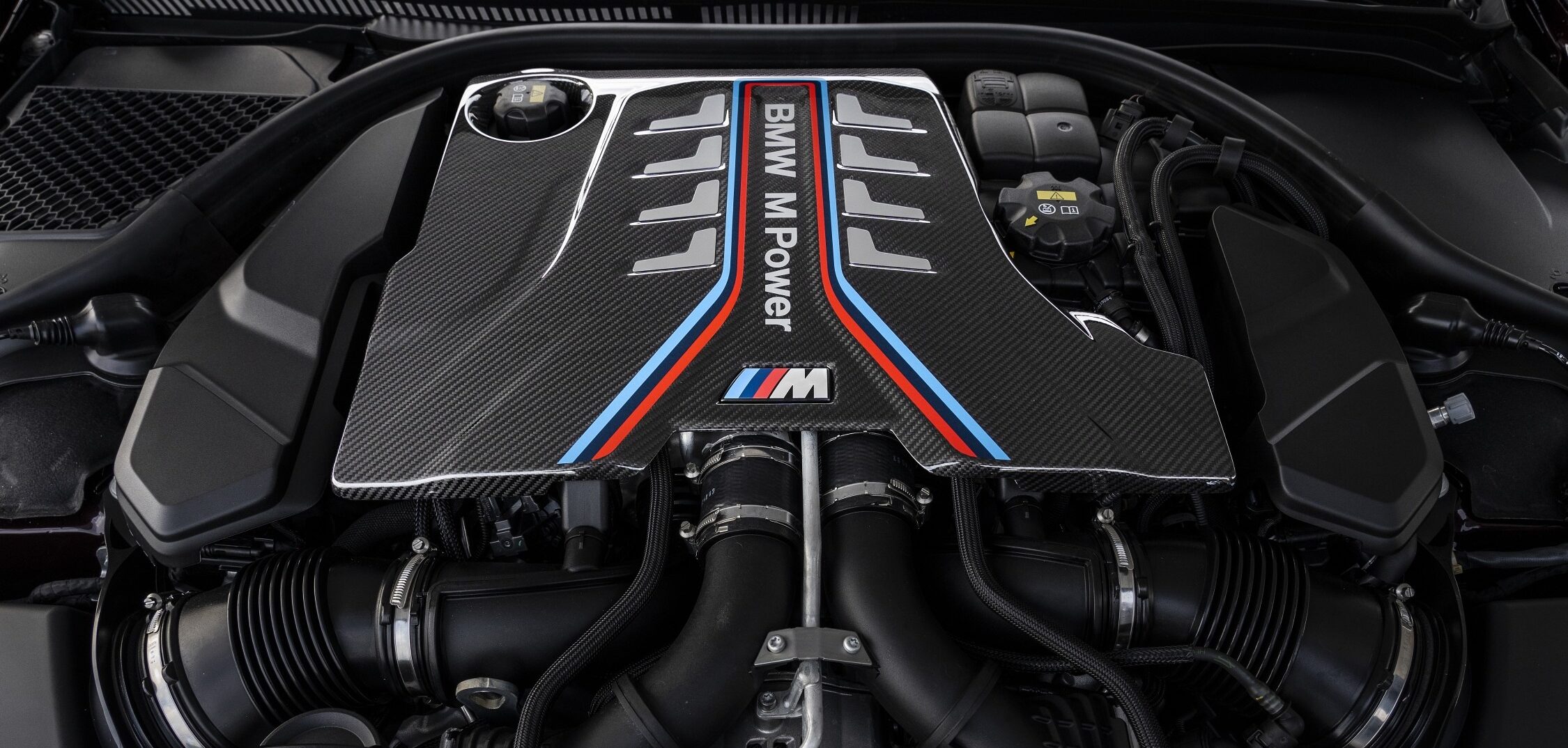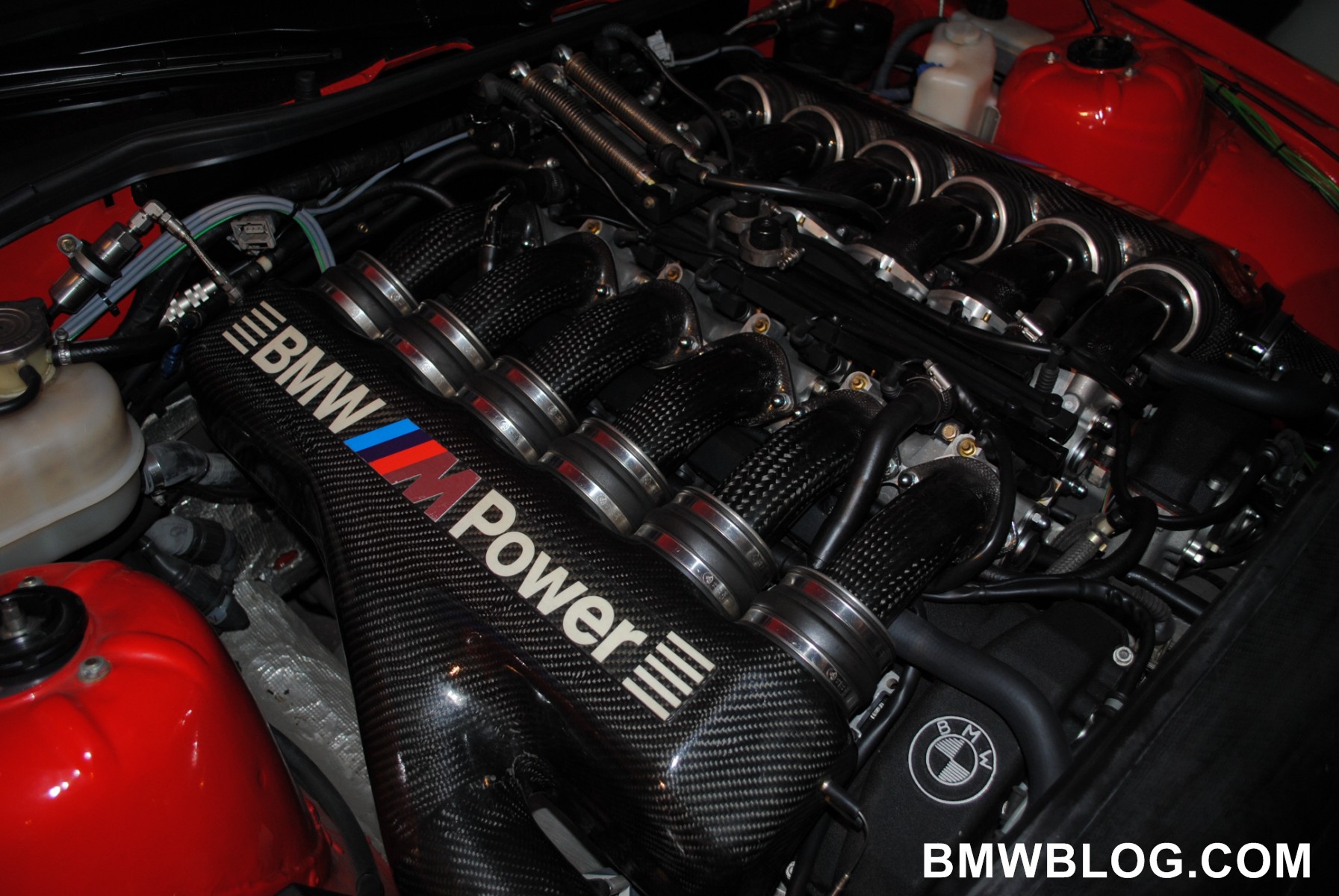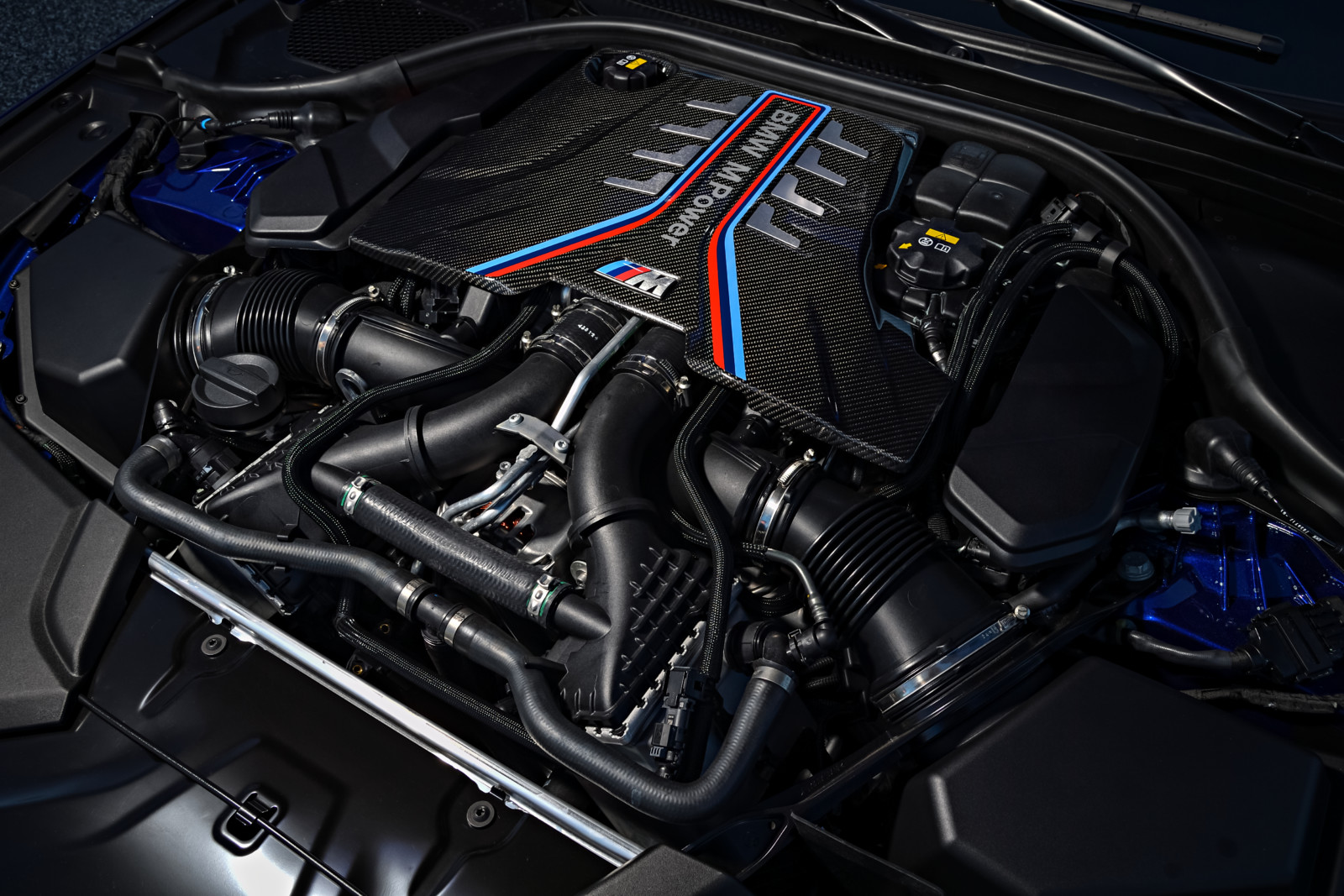Top 5 BMW Engine Technologies Transforming the Automotive Industry
Top 5 BMW Engine Technologies Transforming the Automotive Industry
Blog Article
Introducing the Intricacies of Next-Generation Power Units: a Deep Study Advanced Engine Advancements and styles
In the world of vehicle design, the ruthless quest of efficiency, sustainability, and effectiveness has moved the evolution of power systems to unprecedented elevations. As we depend on the precipice of a brand-new age in transportation, the complexities of next-generation engine designs bid us to discover the sophisticated innovations and developments that promise to redefine the driving experience. From innovative products that press the boundaries of sturdiness and weight reduction to sophisticated turbocharging and turbo charging systems that raise power output to brand-new degrees, each component of these power devices holds an essential to unlocking the future of auto design. Delving much deeper into the worlds of discharge control, intelligent engine monitoring systems, and the horizon of power device growth, we locate ourselves on the cusp of an improvement that guarantees to improve the landscape of wheelchair as we know it.
Development of Engine Products

The change in the direction of progressed engine products has also made it possible for designers to develop engines with greater power results while maintaining gas performance requirements. For instance, making use of light-weight products reduces the overall weight of the engine, causing boosted gas economy and reduced discharges. In addition, developments in products modern technology have actually permitted much better thermal administration within engines, causing boosted integrity and long life.
Turbocharging and Supercharging Technologies
How do Turbocharging and Supercharging Technologies revolutionize engine efficiency and performance in contemporary cars? Turbocharging and supercharging are innovations that significantly boost engine performance by enhancing the quantity of air intake right into the burning chamber. Turbocharging accomplishes this by utilizing a wind turbine driven by exhaust gases to pressurize the intake air, while turbo charging uses a belt- or chain-driven compressor to attain the exact same impact.
These technologies allow smaller, a lot more fuel-efficient engines to create power equivalent to bigger ones, referred to as downsizing. Forcibly more air right into the cylinders, turbocharging and turbo charging boost combustion performance, resulting in boosted horsepower and torque result without a considerable rise in engine size. This brings about much better velocity, pulling ability, and general driving efficiency.
Moreover, turbo charging and turbocharging add to improved gas performance by allowing the use of smaller sized engines that take in much less fuel under typical driving problems - bmw engine. This mix of enhanced efficiency and performance has made turbocharging and supercharging indispensable components of numerous modern-day engine designs
Discharge Control and Environmental Effect
With raising international issues pertaining to air quality and environmental sustainability, the application of discharge control technologies in lorries plays a vital duty in reducing hazardous contaminants launched into the environment. Modern lorries are outfitted with innovative emission control systems that help minimize the environmental effect of vehicle operations. Catalytic converters, for example, are created to convert poisonous gases such as carbon monoxide, nitrogen oxides, and hydrocarbons into less damaging materials like co2 and water vapor.
In addition, advancements in engine technology, such as the have a peek here integration of exhaust gas recirculation systems and selective catalytic reduction, have significantly added to decreasing exhausts. These innovations function in tandem to maximize burning effectiveness and reduce the release of harmful pollutants into the air. Additionally, the growth of crossbreed and electric vehicles stands for a crucial action in the direction of reducing the overall ecological footprint of the transport market.
Intelligent Engine Management Equipment

Additionally, these systems make it possible for automobiles to meet rigorous emissions standards without endangering performance, giving a much more eco friendly driving experience. The assimilation of man-made intelligence and artificial intelligence capacities in engine management systems remains to push the borders of what is feasible, leading to additional renovations in efficiency, reliability, and total vehicle performance. bmw engine. As vehicle innovation advancements, smart engine administration systems will certainly play a critical role in forming the future of transport towards a more sustainable and effective direction
Future Trends in Power System Growth
As intelligent engine monitoring systems pave the method for boosted control and optimization in modern automobiles, future trends in power system growth are positioned to redefine the landscape of automotive propulsion modern technologies. Among the key fads driving innovation in power system advancement is the change in the direction of electrification. With a raising focus on sustainability and minimizing carbon emissions, hybrid and electric powertrains are becoming much more common in the vehicle sector. These alternative source of power offer improved efficiency and performance while aligning with rigid ecological guidelines.
An additional considerable pattern is the combination of sophisticated materials and manufacturing techniques. Light-weight materials such as carbon fiber and aluminum are being made use of to minimize general car weight, enhancing gas effectiveness and performance. In addition, developments in 3D printing and additive manufacturing are enabling the manufacturing of complicated engine components with greater precision and sturdiness.
Moreover, expert system and maker knowing are playing an important role in enhancing power unit efficiency. These technologies permit real-time tracking and flexible control, resulting in much more trustworthy and efficient power distribution. In general, future fads in power device advancement are tailored towards performance, effectiveness, and sustainability, driving the vehicle sector towards a brand-new period of propulsion innovations.

Verdict
In verdict, the developments in engine products, turbocharging, exhaust control, and smart management systems have paved the method for next-generation power units. The complex layouts and innovations in modern engines showcase the continuous development of automotive innovation.
Discovering the dynamic read more innovations in engine materials has been pivotal in enhancing the performance and effectiveness of contemporary engines. Over the years, the development of engine materials has played a critical duty in pushing the borders of what engines can attain.The change in the direction of progressed engine products has additionally made it possible for designers to make engines with greater power results while preserving fuel effectiveness requirements.The application of intelligent engine administration systems in modern vehicles has revolutionized the means engines are managed and maximized for performance and effectiveness. By gathering information in real-time and examining it with innovative algorithms, smart engine management systems can adapt to driving styles, ecological elements, and engine wellness to make best use of power outcome while reducing fuel consumption and exhausts.
Report this page